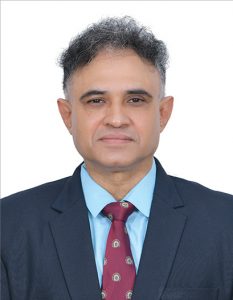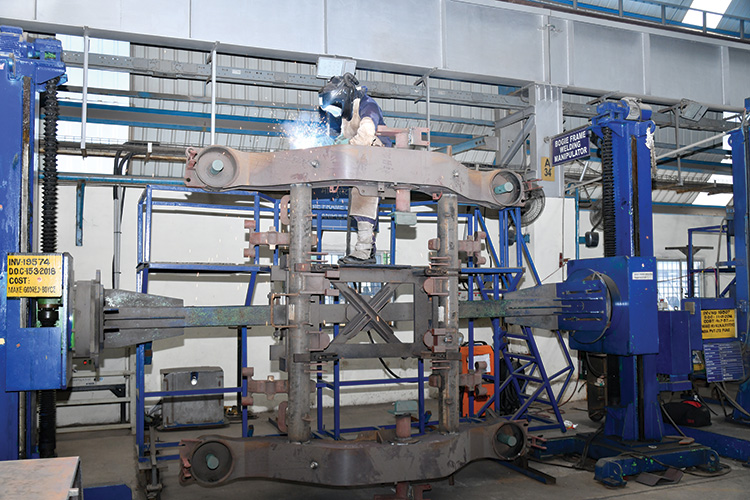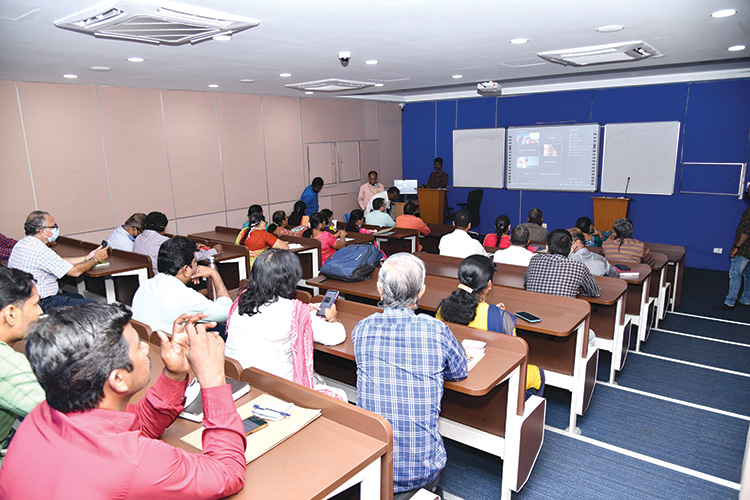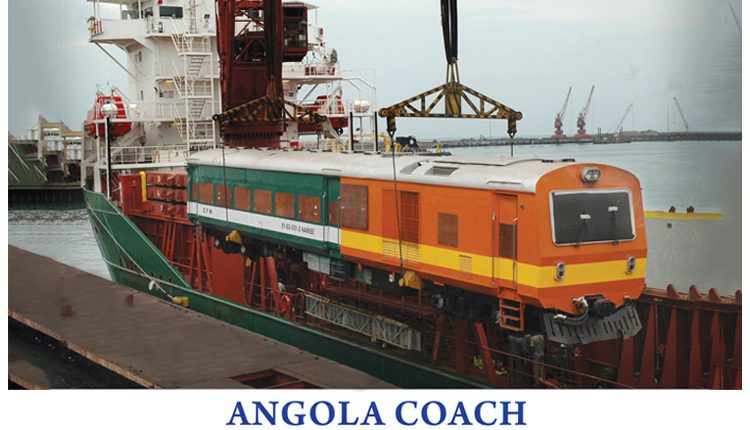Integrated Coach Factory, Perambur, Chennai, established in 1955, is the premier production unit of rail coaches in the country. The state-of-the-art factory employing 9000 dedicated employees, specializes in manufacturing various types of self-propelled coaches and inspection cars. With an annual production capacity of 4000 coaches , ICF has the distinction of having manufactured a record number of 4,166 coaches in the year 2019-20. ICF is also a major exporter of rail coaches to a number of countries in Africa, and South East Asia, thus earning precious foreign exchange for the country. Engineering Review converses with B.G. Mallya, General Manager, ICF to ascertain the capabilities and commitments of this PSU towards ‘Make in India’ and ‘Atmanirbhar Bharat’ missions of the PM. Excerpts:
Q. What makes ICF a premier production unit of the Indian Railways?

General Manager, Integral Coach Factory, Perambur
ICF is the first coach production unit in India started in the year 1955. Till now, ICF has turned out more than 72,000 coaches since inception in about 550 different varieties, ranging from second-class sitting coaches to semi high-speed Vande Bharat Express coaches. The specialization of ICF is in various types of self-propelled coaches such as EMU, MEMU, DEMU, under-slung MEMU, self-propelled Inspection Car, etc. ICF has got all facilities in-house from concept to commissioning.
Q. What are the facilities, technical expertise and human resources you have for the production of rail coaches?
As I said earlier, we have got all facilities in-house for production of all types of rail coaches for Indian Railways. We have also exported coaches to Afro-Asian Countries. We have got a state-of-the-art Design and Development Centre. We have installed modern machines like CNC Robotic Spot-Welding Machine, 5-Axis Machining Centre, CNC Profile Stretch Bend Forming Machine, etc., in our factory premises, to enable ICF to manufacture car bodies and thereafter furnished coaches. ICF personnel are second to none in technical expertise and we have about 9,000 staff on roll as on date.
Q. How many coaches do you manufacture annually?
As on date, the annual production capacity of ICF is about 3,000 to 4,000 coaches depending on the complexity of the product mix. In the year 2019-20, ICF has turned out the record number of 4,166 coaches.
Q. We understand you also export rail coaches. Could you give a brief account of your exports, thus bringing the precious foreign exchange into the country?
ICF has so far exported more than 750 coaches, shells and components to countries such as Thailand, Burma, Taiwan, Zambia, Philippines, Tanzania, Uganda, Vietnam, Nigeria, Bangladesh, Mozambique, Malaysia, Angola and Sri Lanka.

Q. What are the various technologies and engineered products being used in your manufacture?
ICF uses mostly indigenous technology. The inputs for coaches are also mostly indigenously made in India, but for a very few imported items. We have state-of-the art machinery in our factories that assists in our daily production of coaches.
Q. What are the modernization programs slated for ICF to step up your production capacity and manufacturing excellence?
We keep on updating our plant and machinery at our factories and because of that we are able to step up our production capabilities. Over the years, infrastructure has been continuously upgraded for manufacturing, testing and commissioning of coaches of various types.
Q. What are the challenges you face with the introduction of ‘Vande Bharat Trains’?
As far as our production unit is concerned, we took up the challenge of designing, developing and rolling out the first prototype of Vande Bharat Express in just 18 months which is a record of sorts. Being India’s first semi-high speed train with world-class features, the challenges were in evolving the new design train, development and commissioning. Vendors were also needed to be developed for various new items used on the Vande Bharat.

Q. What have you to say about the indigenous availability of products and components required for your production? Is there still any import content?
As I mentioned earlier, the indigenous content of normal coaches is almost 100%. For the Vande Bharat Express coaches, which are sophisticated and technologically advanced, the import component is less than 15%. This involves a very few items such as forged wheel sets and integrated chips, components used in automatic doors, vacuum toilets, bogies, etc., which are not manufactured in India as of now. However, we hope that India will have suppliers for these items also, in the long run and 100% indigenous goal will be achieved.
Q. How do you subscribe to the PM’s missions of ‘Make in India’ and ‘Atmanirbhar Bharat’?
ICF is fully committed to Hon’ble PM’s ‘Make in India’ and ‘Atmanirbhar Bharat’ initiatives. We use almost 100% indigenous technology in the manufacture of railway coaches at ICF, but for a very few items as I explained above.
Q. What’s your vision and roadmap for ICF?
ICF is always aiming to make its products, viz. railway passenger coaches, safe and comfortable for passengers with state-of-the-art facilities. Future versions of Vande Bharat coaches such as Vande Metro, Vande Bharat Sleeper coaches, and Vande Bharat Cargo Coaches are on the anvil at ICF. Works have started for all these varieties and the projects are at various stages. Other new concepts like push-pull trains are also under consideration. These trains will change the way passengers travel in Indian Railways. It’s ICF’s vision to make railways the preferred mode for medium and long-distance travel. ICF also aspires to be a major vendor for metro cars used in India. Another vision of ICF is to make an entry into the export market in the semi-high-speed segment.



